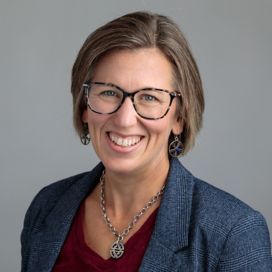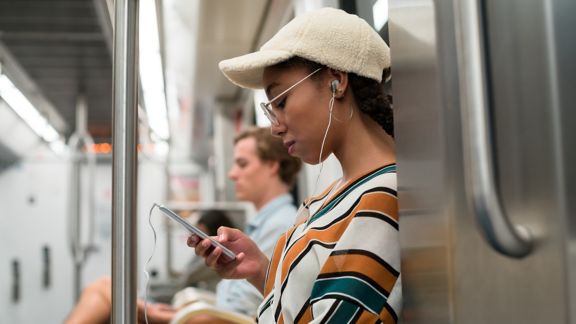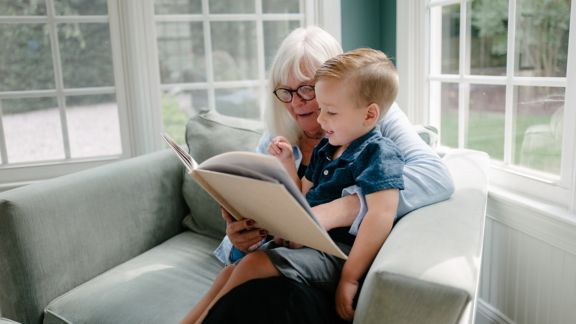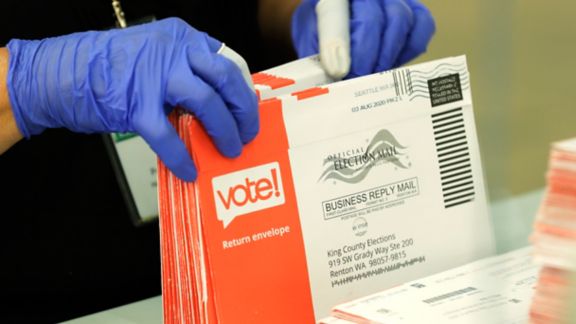Los Angeles Wildfire Recovery & Rebuilding
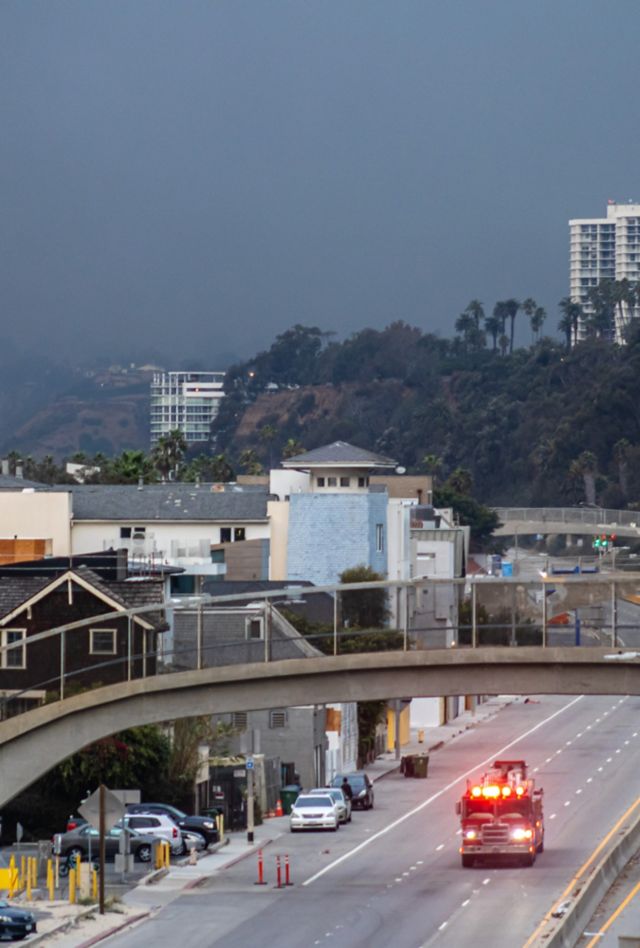
Problem
Pacific Palisades residents face complex decisions about rebuilding after devastating wildfires.
Following the January 2025 wildfires, Pacific Palisades residents are making difficult decisions about how to rebuild their homes and community. With neighborhoods disrupted and recovery efforts underway, they are navigating a complex and emotionally charged landscape shaped by uncertainty, evolving policies, and long-term planning needs. The Pacific Palisades Community Council, a local community organization representing residents, wanted to capture residents’ preferences and priorities for recovery and rebuilding. The goal is to generate rigorous, community-driven data to inform local, state, and national decisionmakers about how to design recovery strategies that reflect the lived experiences, values, and trade-offs of those most affected. The project supports evidence-based policymaking and contributes to a broader understanding of community resilience in the face of disasters.
Solution
NORC is using a three-phase research approach to capture residents’ evolving preferences.
NORC, in partnership with the Pacific Palisades Community Council, is conducting a survey-based research initiative to capture residents’ preferences and priorities for recovery and rebuilding. Our approach has three phases:
- Formative focus groups with residents to inform the design of a community-wide survey that explores their priorities, values, and preferences for recovery and rebuilding.
- A web survey of Pacific Palisades residents that captures both their ideal rebuilding scenarios and their preferences under real-world constraints such as cost, time, and access to services. NORC will use a robust sample locating strategy—combining HOA lists, GIS mapping, and public and commercial databases—to reach all households in the area. The web survey will be distributed via email and text, with an emphasis on accessibility and legitimacy to encourage participation.
- At least one follow-up survey three months after the initial fielding to track changes in resident sentiment and priorities as the dynamic rebuilding situation unfolds. This longitudinal approach provides timely insights to inform local, state, and national decisionmakers as they develop and refine recovery and rebuilding strategies and ensure the research remains relevant as recovery progresses.
Result
Our research will provide actionable insights to guide community-informed recovery.
The project’s findings will equip stakeholders with credible, resident-centered data to inform rebuilding decisions. The initial survey will yield a detailed understanding of community priorities, the trade-offs residents are willing to make, and the services they value most. These insights will support transparent, inclusive planning and help ensure that recovery efforts align with the community’s vision.
As follow-up surveys are conducted, NORC will track shifts in preferences and provide updated reports to guide ongoing decision-making. Project deliverables—including focus group results, survey data, and a professionally produced report—will serve as a foundation for policy discussions and community engagement throughout the recovery process.
Are You a Study Participant?
Questions about the survey? Experiencing technical difficulties?



